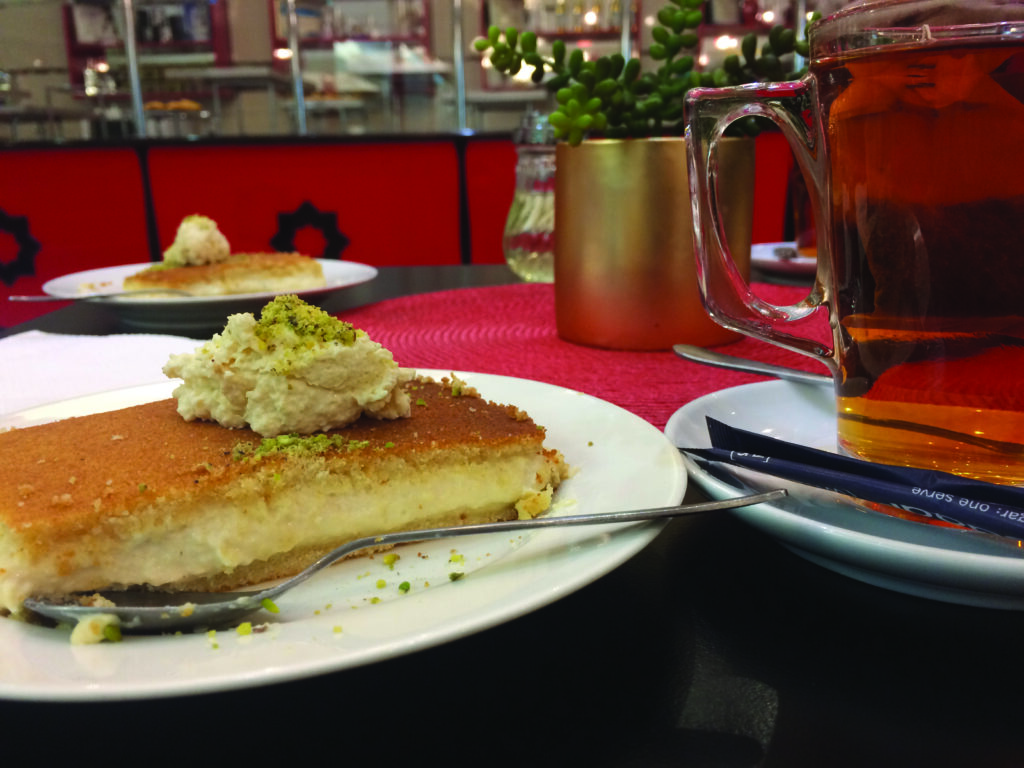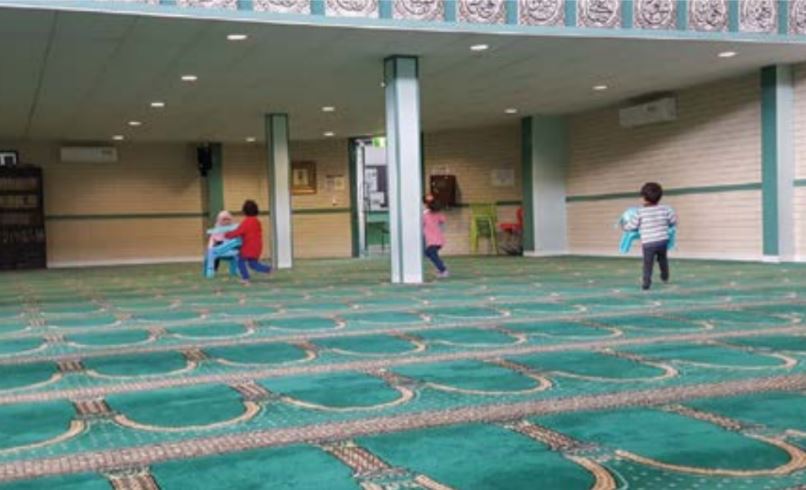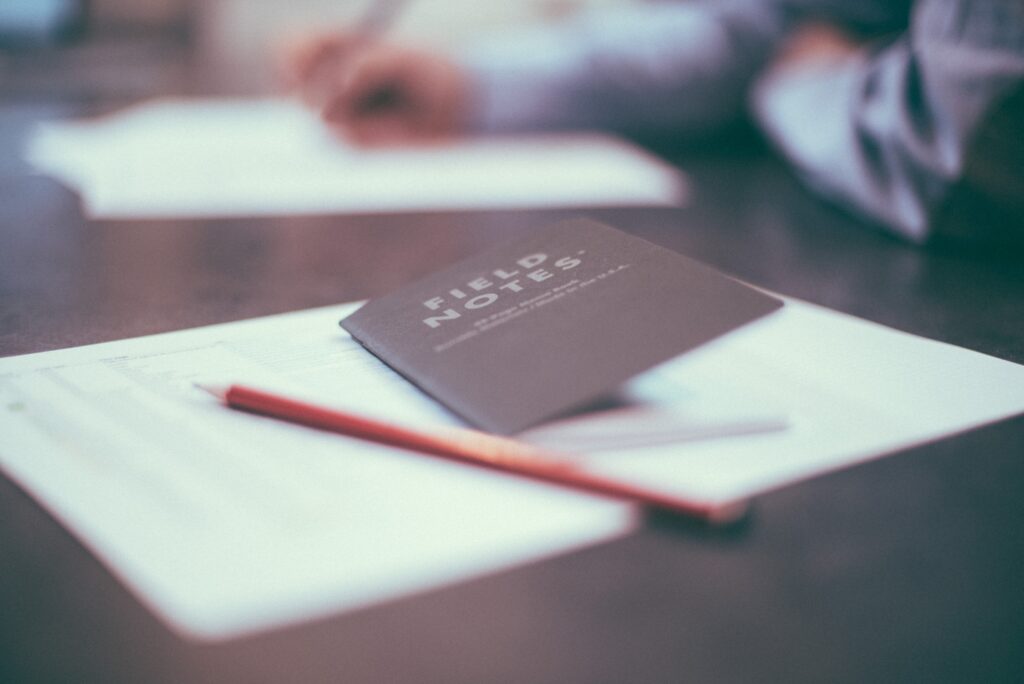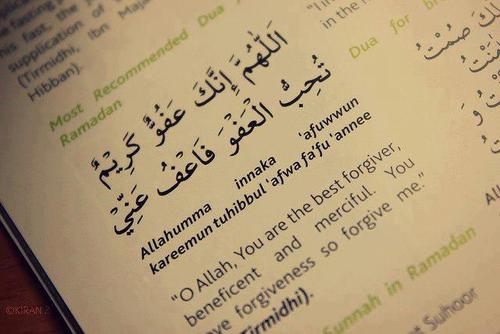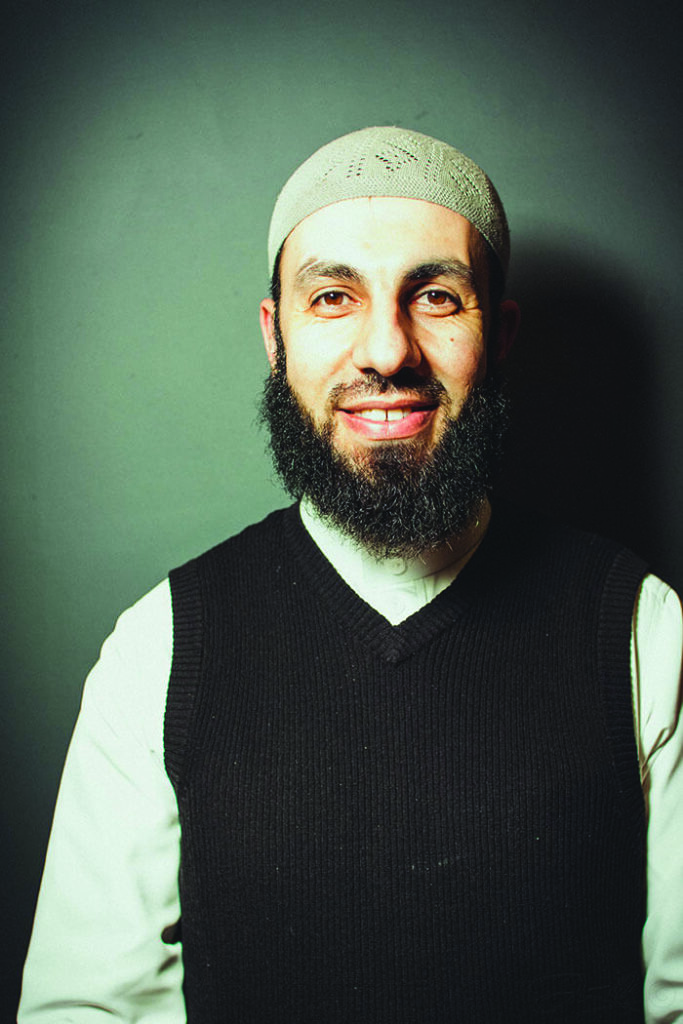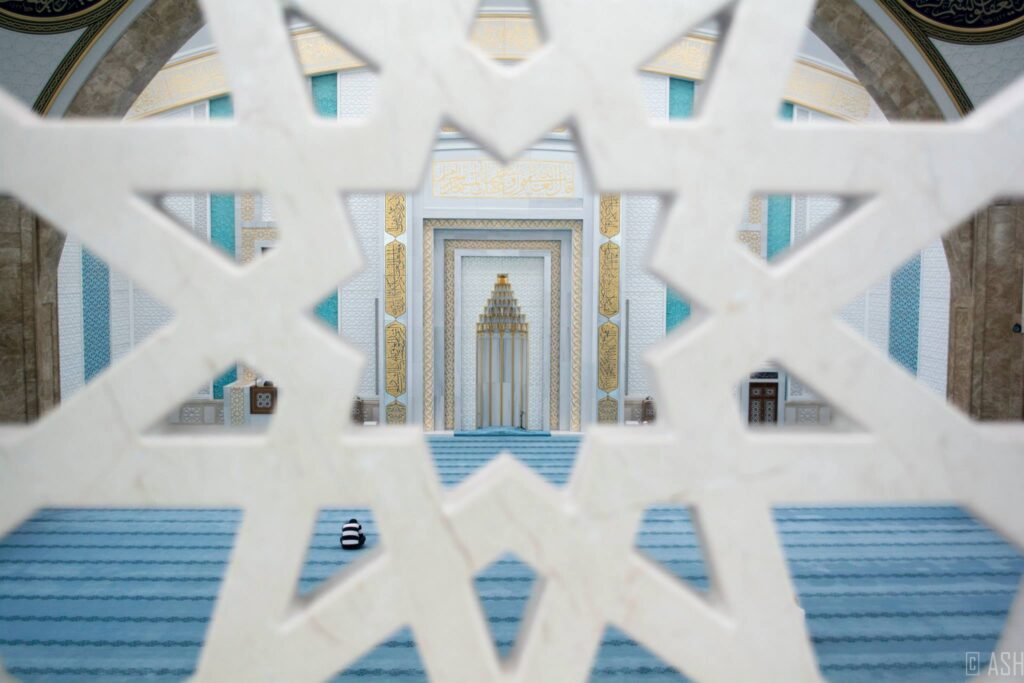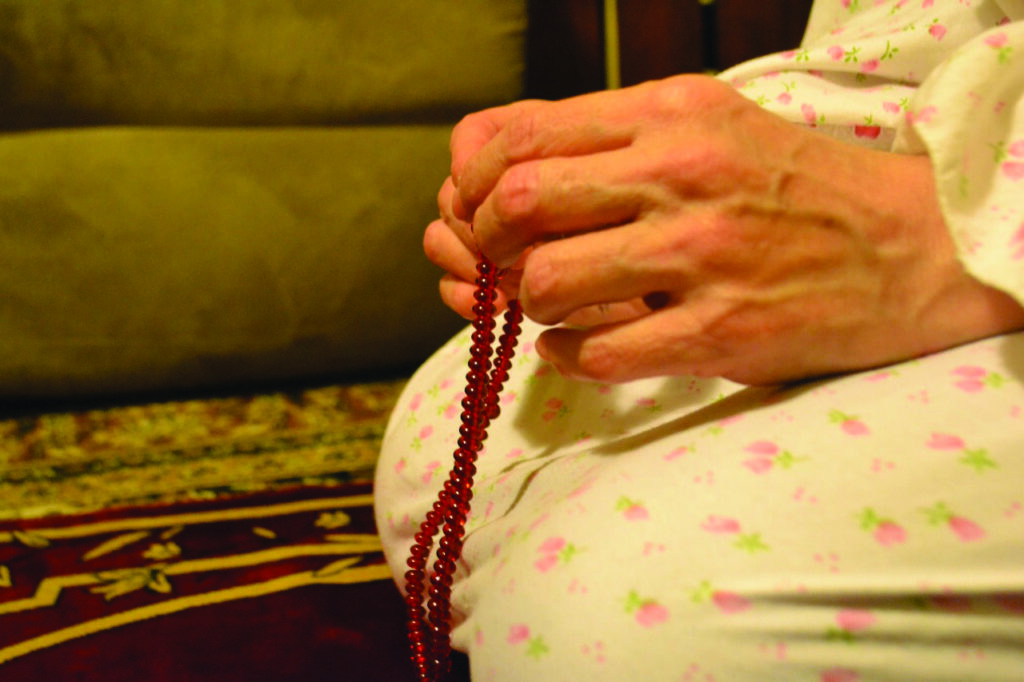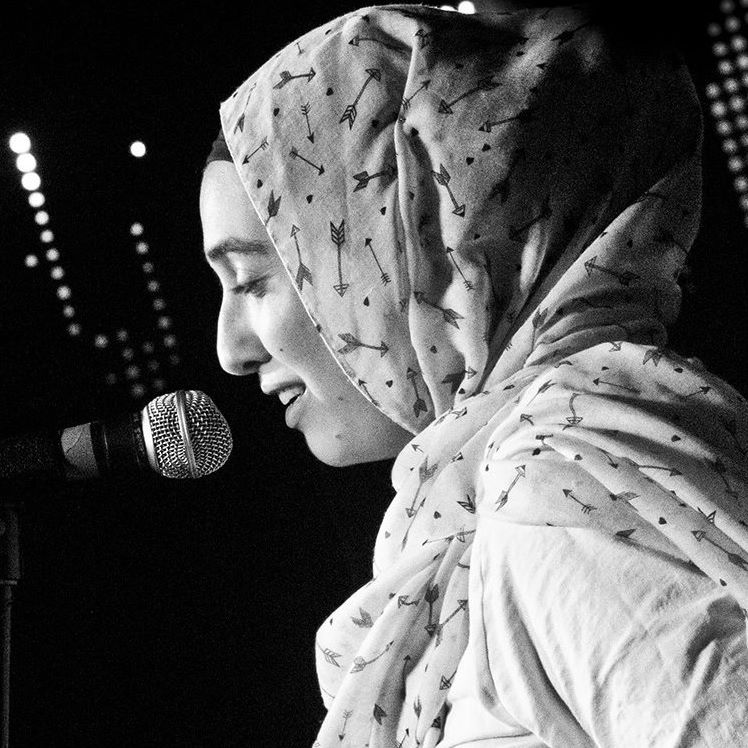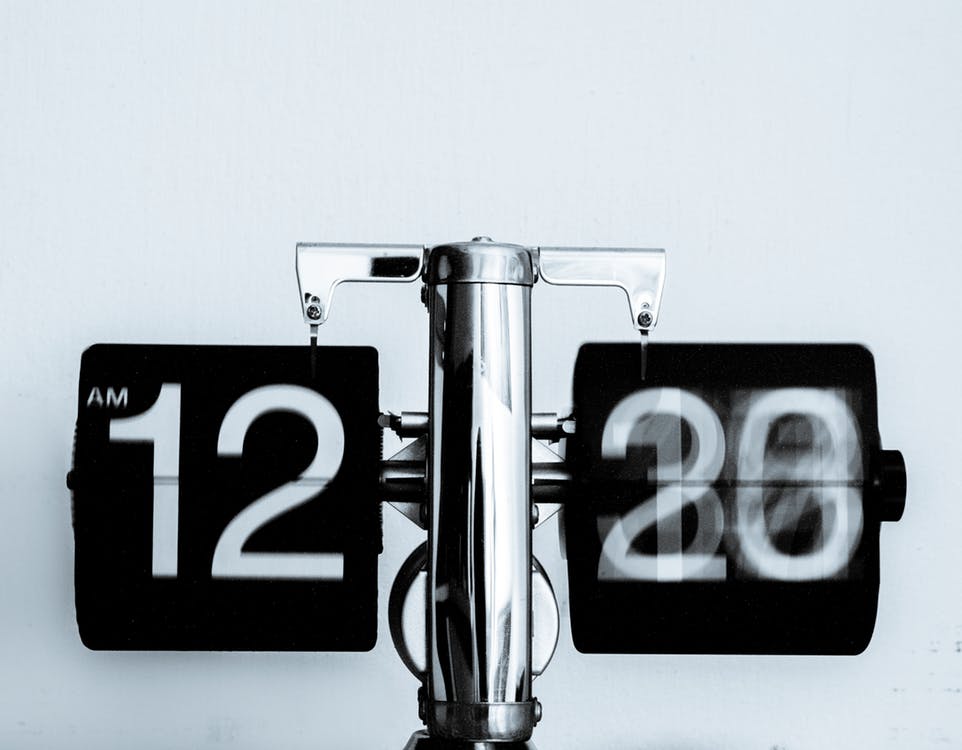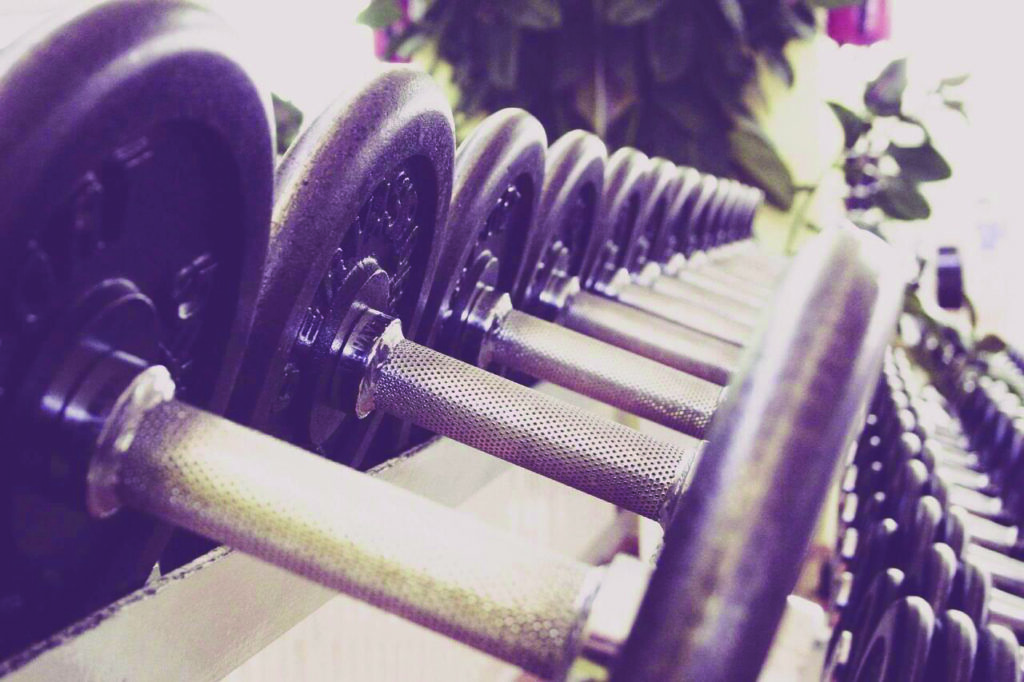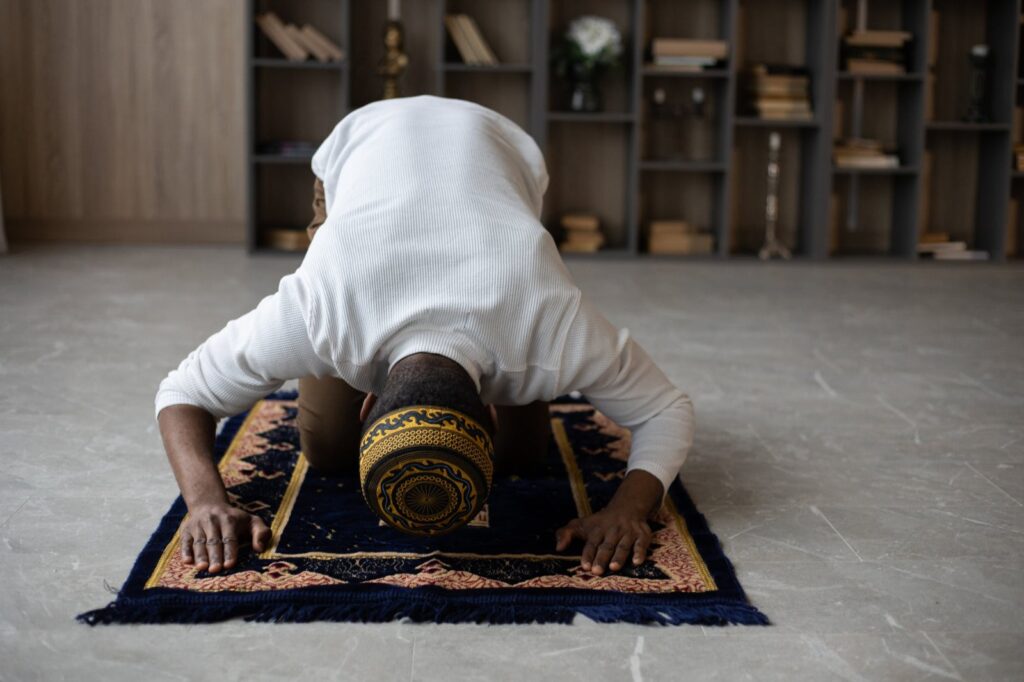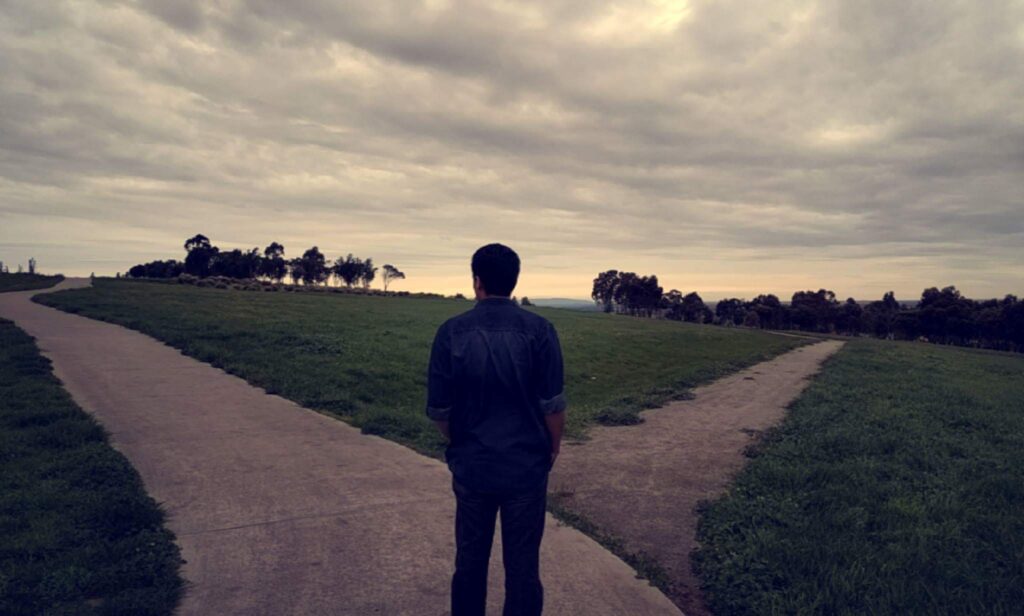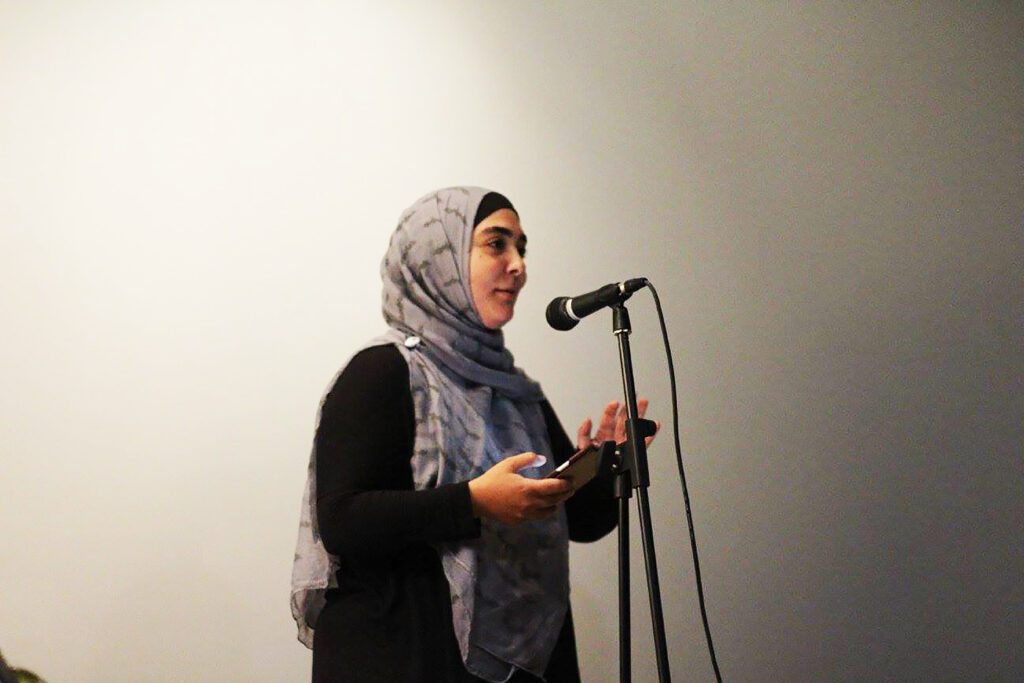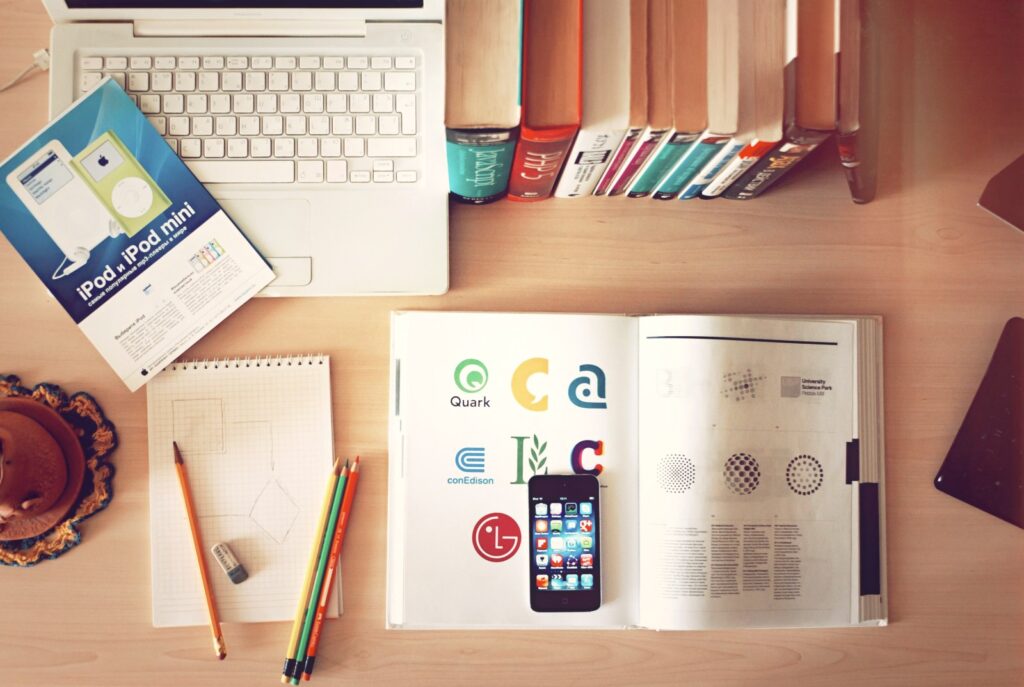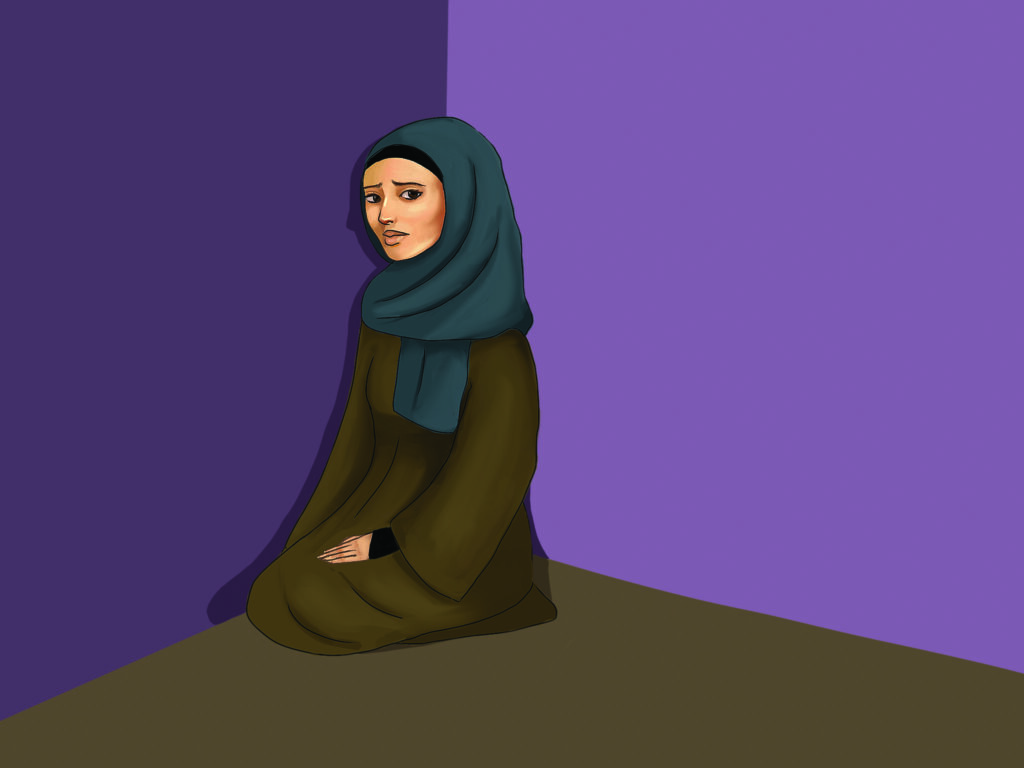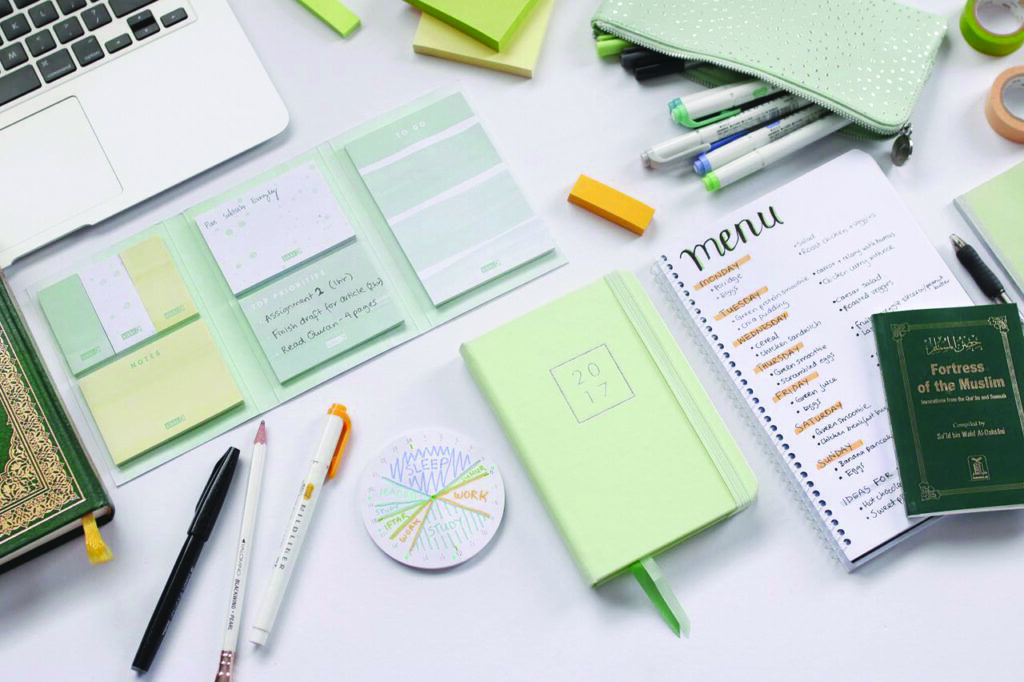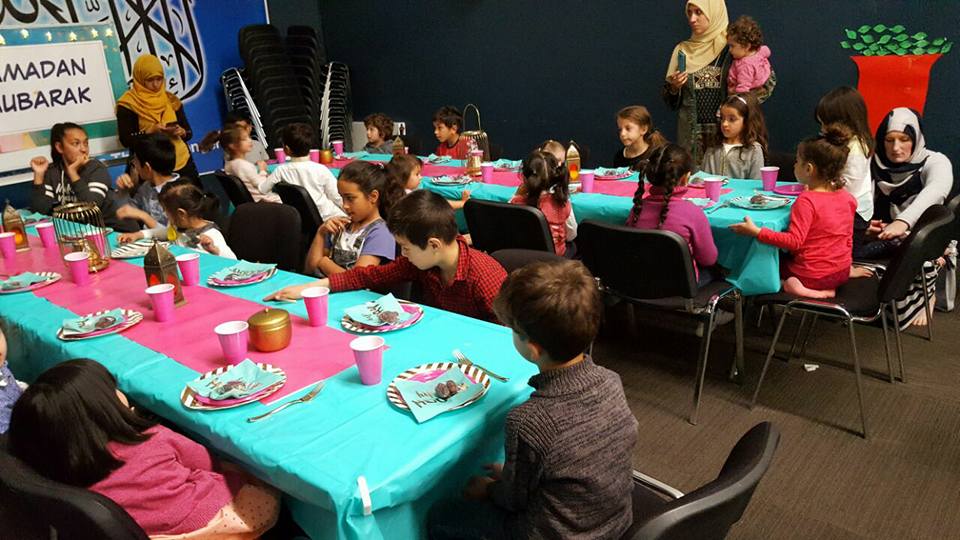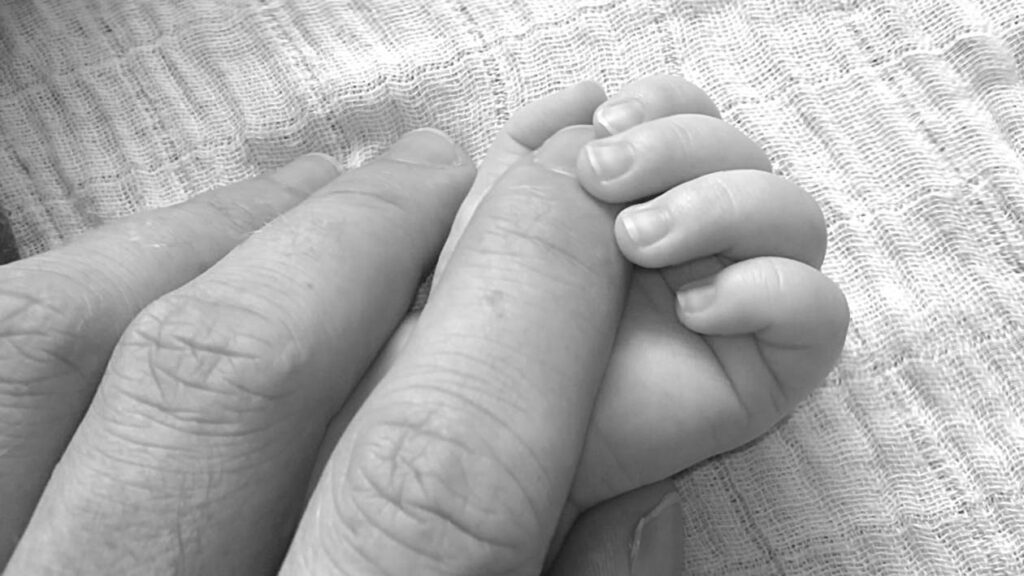How To Have Your Most Productive Ramadan Yet
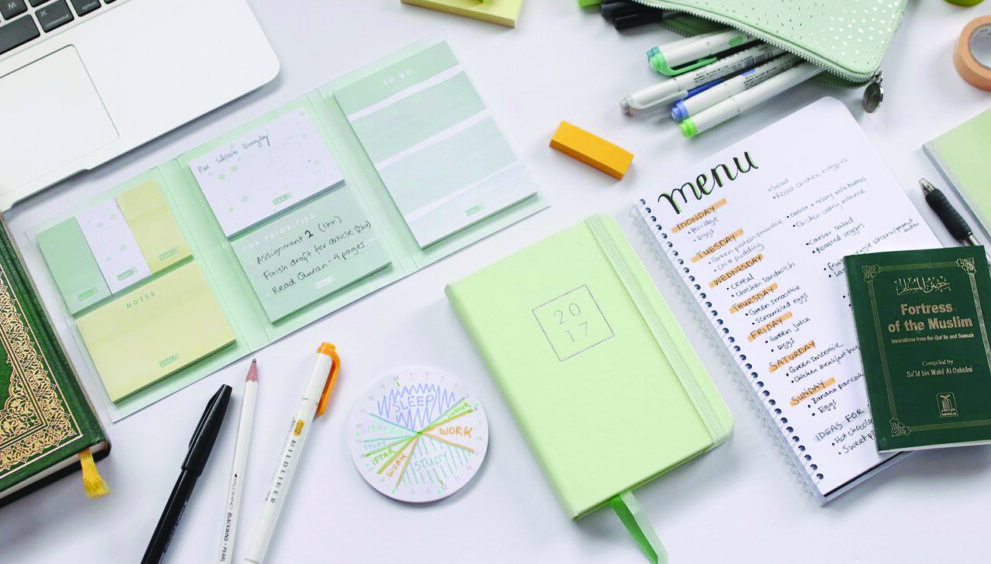
On top of trying to be productive in our daily life, Ramadan adds a whole new layer of worship to keep in mind. Contrary to popular belief, the purpose of fasting isn’t to endure hunger and thirst to empathise with the poor. Fasting is to help us gain taqwa, as Allah SWT says in the Qur’an, “O you who have believed, fasting is decreed upon you as it was decreed upon those before you, so that you may become God-conscious” [2:183]. This blessed month is a time for us to get closer to Allah SWT by training ourselves to be more aware of Allah SWT in each and every action, and to become better people by letting go of bad habits and to practice more beneficial habits.
Have a vision for the month
Take advantage of the free will Allah SWT granted all of us, by making a firm decision in your heart to do your best and have a truly impactful Ramadan. Our Prophet Muhammad PBUH said, “The deeds are considered by the intentions, and a person will get the reward according to his intention” [Bukhari].
Set goals based on your priorities
Write out one to five realistic goals that aim to improve your life and that will bring you closer to Allah SWT. Base them on your life priorities, which may include your connection with Allah SWT; your health; your family; your studies or your work. Give most of your attention to these non-negotiable parts of your life. Then turn it actionable by getting really specific. So instead of writing, ‘read more Qur’an,’ make it, ‘read five pages of Qur’an after each prayer.’ Other examples can include: listen to a ten minute Islamic lecture on understanding the Qur’an, incorporate sunnah prayers and dhikr after every prayer and memorise five verses of the Qur’an every week.
Read your list of goals every night to keep yourself accountable.
Boost your productivity
Productivity occurs when your time, energy and focus are aligned. So make time for what’s important. Write down your tasks – don’t keep them running around
in your head. Schedule your priorities and the things you’re sure about, like sleep, class, or work; then schedule all your other tasks – planned around prayer times – with the most important tasks earlier in the day when you have more energy. Get a head start on your day by planning tomorrow’s three most important tasks the night before. Our Prophet PBUH said, “Allah SWT made the early hours blessed for my ummah”[Ahmed]. So take advantage of these extra blessings by working on your most important task right after Fajr.
The two keys to unlocking your energy
Sleep and nutrition are the two keys that contribute to unlocking our physical energy. Sleeping early and at regular times allows your body to heal and work more efficiently. This routine can be found in the sunnah. Aisha RA narrated that, “The Messenger of Allah PBUH did not sleep before the ‘Isha’ nor stay up (talking) after it,” [Ibn Majah]. To make it easier to go to sleep, set an alarm one hour before your goal bedtime to remind you to dim the lights and get ready to sleep. Darkness before bedtime allows for the sleep hormone melatonin to actually kick in. Even if you don’t see immediate benefits, give it a few weeks, and at least internally, your body will be more efficient.
Ensure you take care of the body Allah SWT entrusted you with, by supporting it with nutrients and plenty of water. For suhoor, eat low GI foods that slowly release energy. The best things to eat are vegetables (especially green ones), protein, and fruits like dates. Avoid sugary and super oily foods, which can make you feel tired afterwards. Don’t overeat or you might be too distracted in prayer by your discomfort. Also, rather than dwelling on intrusive thoughts of food during the day, once a week plan ahead and prepare nutritional suhoor and iftar for the next 7 days. That way you are less likely to binge on unhealthy alternatives in the evenings. Control your desires, don’t let them control you.
Focus effectively
Focus comes when we give our full attention to one thing at a time, and refuse to give into distractions. Since we have limited amount of energy, block out and batch your most important tasks for those hours when you are most alert. Further maximise your barakah by focusing better in worship. For instance, if you have trouble with wandering thoughts in prayer, free up your mind just before you pray by writing down a couple dot points of the things that you’re thinking about. That way you can pick up where you left off after prayer, but also allow yourself a peace of mind during worship too.
Ramadan is like a marathon not a sprint, so take it easy. As long as you focus on one goal, count this Ramadan as productive, especially if you maintain that momentum afterwards by making one improvement every month. Small consistent habits are more beloved to Allah SWT anyway. The Prophet PBUH said, “The most beloved of deeds to Allah SWT are those that are most consistent, even if it is small” [Bukhari].
ABOUT THE AUTHOR
Faria Zahra
Faria Zahra is a life Coach and public speaker, is dedicated to help students live a purposeful, organised, and healthy lifestyle. She studied psychology and physiology at Monash University, and was an editor at ProductiveMuslim.com. You catch can her on her blog FariaZahra.com and on her YouTube channel: Faria Zahra.






